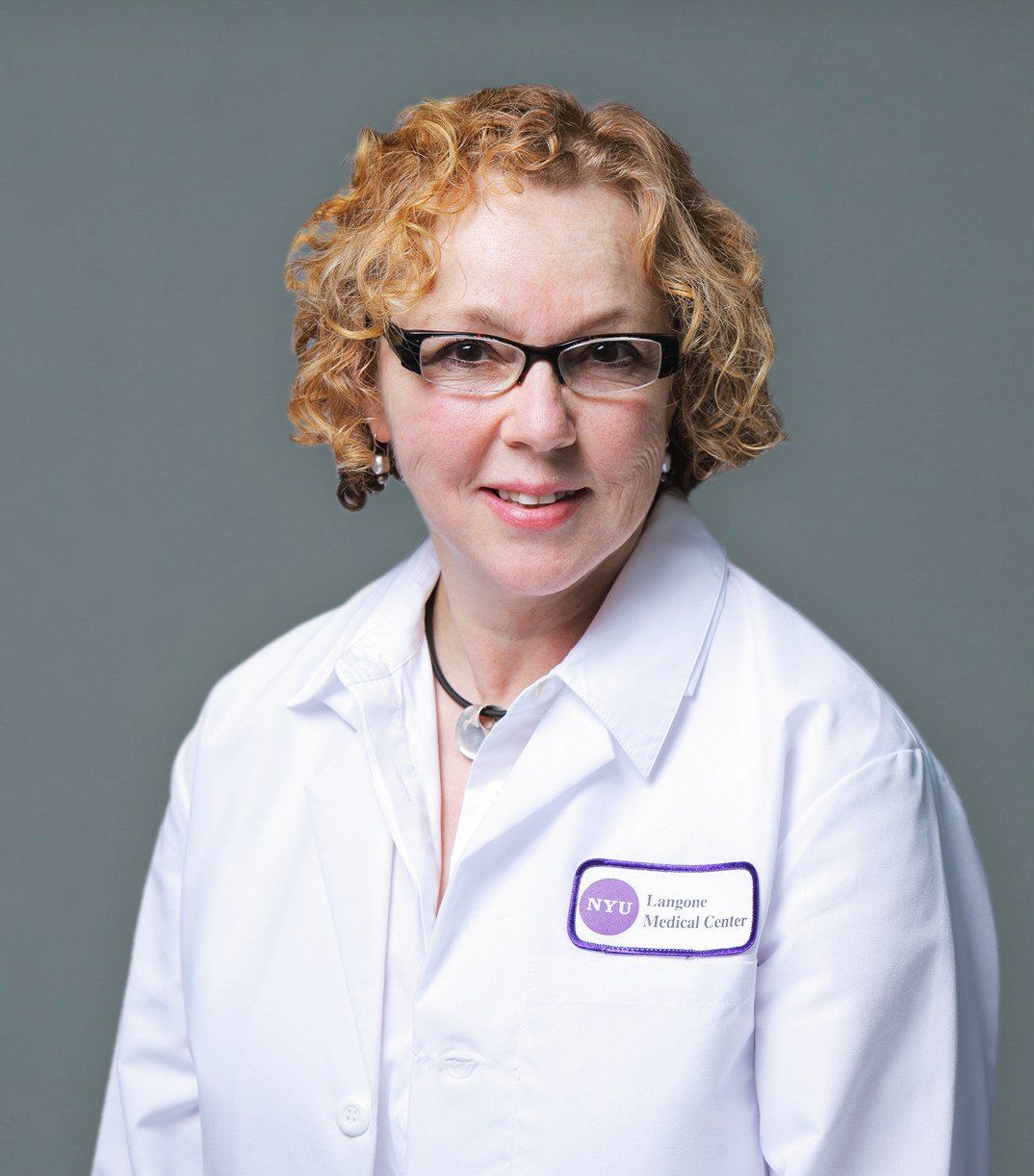- Acne
- Actinic Keratosis
- Aesthetics
- Alopecia
- Atopic Dermatitis
- Buy-and-Bill
- COVID-19
- Case-Based Roundtable
- Chronic Hand Eczema
- Drug Watch
- Eczema
- General Dermatology
- Hidradenitis Suppurativa
- Melasma
- NP and PA
- Pediatric Dermatology
- Pigmentary Disorders
- Practice Management
- Precision Medicine and Biologics
- Prurigo Nodularis
- Psoriasis
- Psoriatic Arthritis
- Rare Disease
- Rosacea
- Skin Cancer
- Vitiligo
- Wound Care
Article
Latest FDA dermatology drug approvals
Promius Pharma, the U.S. subsidiary of Hyderabad, India-based Dr. Reddy’s Laboratories, announced FDA news on two of the company’s dermatology drugs. learn more
Promius Pharma, the U.S. subsidiary of Hyderabad, India-based Dr. Reddy’s Laboratories, announced FDA news on two of the company’s dermatology drugs. The FDA approved the prescription topical steroid Sernivo (betamethasone dipropionate) Spray, 0.05% for the treatment of mild to moderate plaque psoriasis in patients 18 years and older. And, on Jan. 27, 2016, the FDA granted temporary approval for Zenavod (doxycycline) capsules, 40 mg, for the treatment of only inflammatory papules and pustules in adult rosacea patients.
READ: Parasites and inflammation fuel rosacea
Sernivo’s commercial product launch is planned for the coming quarter, according to a Promius Pharma press release.
The pharma company evaluated the safety and efficacy of Sernivo Spray 0.05% by conducting two multi-center, randomized, double-blind, vehicle-controlled clinical trials in subjects 18 years and older with moderate plaque psoriasis. Those in the study had 10 percent to 20 percent body surface area involvement and a moderate Investigator Global Assessment (IGA) score of 3.
Subjects in both trials applied Sernivo Spray or vehicle spray to the affected areas twice daily for 28 days.
Researchers assess drug efficacy as the proportion of subjects who achieved an IGA score of 0 or 1 (clear or almost clear) and at least a 2-scale reduction from baseline.
NEXT: Treatment success
Treatment success was achieved in significantly more subjects using Sernivo than vehicle at days 15 and 29 across both studies. At day 29, Sernivo achieved treatment success of 42.7 percent in the first study and 34.5 percent in the second, compared to vehicle success rates of 11.7 percent in the first study and 13.6 percent in the second, according to the release.

Susan Katz, M.D.“The concept of a topical steroid spray is not a new one; triamcinolone sprays, as well as clobetasol and other steroid sprays have been available for a number of years. Having a betamethasone diproprionate spray available does increase the choice of potent steroids available in topical form,” Susan Katz, M.D., clinical assistant professor in the Ronald O. Perelman department of dermatology at NYU Langone Medical Center, told Dermatology Times. “The benefit of such a preparation lies in its ease of application and cosmetically acceptable consistency, as opposed to ointments. However, the downside is that that same ease of use may invite abuse if employed for large surface areas of psoriasis.”
ALSO READ: Antibiotic reistance matters
Dr. Katz said she sees a limited use for the newly approved psoriasis drug. Appropriate use is on skin that is tougher (in other words, avoiding face and intertriginous areas), limited body surface area and for a limited time. With this type of use, potent topical steroids can bestow moderate improvement on limited psoriasis, she says.
“When used inappropriately (on thin skin, on large surface areas and long term), we face increased concerns regarding skin atrophy, systemic absorption and rebound disease when the drug is discontinued,” Dr. Katz said. “In sum, addition of this agent to our armamentarium at best modestly enhances our ability to treat patients with psoriasis. In an era of jaw-dropping breakthroughs in treatment of moderate-to-sever disease, we are still playing catch-up with therapy for mild-to-moderate psoriasis.”
RECOMMENDED: Rosacea treatment shifts focus
In other news, for rosacea patients troubled by inflamed papules and pustules, Promius Pharma announced its drug Zenavod (doxycycline) oral capsule, 40 mg had received tentative FDA approval.
“If a generic drug product application is submitted for approval before the expiration of any patents or exclusivities granted to the original, brand-name product, FDA issues a tentative approval letter to the applicant. The tentative approval letter delays final approval of the generic drug product until all patent or exclusivity issues have been resolved. A product that has tentative approval cannot be marketed or sold in the United States,” according to the FDA.
Dr. Katz has no conflicts to report.










